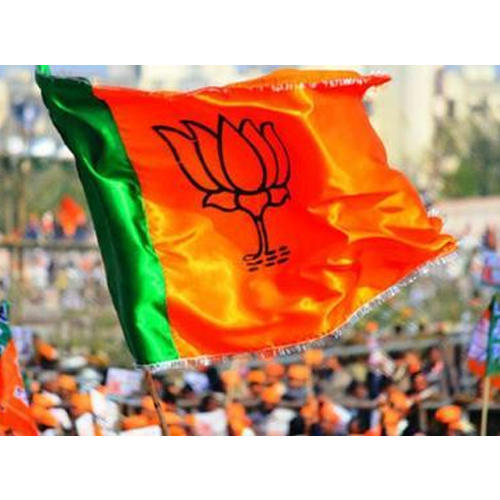After the poll debacle, the party is trying to frame a long-term strategy to reach a 20% vote share.
New Delhi: After the debacle in the Assembly election, the Bharatiya Janata Party (BJP) is planning a long-term strategy in Kerala to reach the 20% vote share in the coming Lok Sabha polls. The party’s performance in the recently concluded Assembly elections had sent a disturbing signal to the high command which expected the party to get at least 17-18% vote share in the polls. Despite all the efforts, the BJP-led National Democratic alliance (NDA) was able to get only 12.2% votes in the election which was approximately 2.8% less than what it polled in 2016 Assembly polls and was not able to win even a single seat this time. Since then, the party high command has given special focus on the state and the state leaders have sent feelers to the Christian community. The party had realized that they can only expand their footprint in the state if they co-opt the Christian community which constitutes 16-18% of the population.
The Rashtriya Swayamsevak Sangh (RSS), which had a large network in the state, had been given the task to give feedback to the party on the poll debacle and suggest about the future strategy. During the elections with Sangh parivar affiliates, the BJP worked overtime to put up a good show in the state which is critical for the party’s pan-India hegemony. It took aggressive a Hindutva line by raising the love jihad issue and targeting the Indian Union Muslim League (IUML).
But, the results showed that Kerala is not a fertile ground for it as of now.
A senior party functionary who is in the core committee of the party’s state unit, said: “In Kerala, voters watch your actions for five years. Our state unit became active in the last six months. We were not able to utilize the ground prepared by the Sangh parivar in the last three-years. There had been a communication gap between the leaders. In a state where we won only one seat in 2016, we needed to seriously target 25-30 constituencies, but we targeted 55-60 seats which was not right. Hence, we were not able to utilize our cadres in seats where we had a chance. Our state president fought from two seats, one in north Kerala the other in South and lost both the seats badly. We thought that bringing technocrat E. Sreedharan in the party at the last moment would help us to consolidate our credentials among the educated sections within Kerala, but the state is not like that, it only created national headlines. You need to bring people two years back and then build a momentum which was missing in our case. Infighting is also prevalent in the state unit. Now, after getting a reality check, we need to tackle our internal contradictions and build a constituency within the society of the state. Then only our target of 20-25% vote share can transform into reality in the next election.”
Maneesh Unnikrishnan, an independent analyst based in Kottayam, said: “Kerala has always been a difficult terrian for the Bharatiya Janata Party as it primarily focuses on 55% population in the state; even in that the Ezhavas, who constitute roughly 20% population, are hardcore Left supporting vote-bank. The BJP realised that it can only move forward in Kerala by co-opting the Christian community, but would it succeed is the big question.”

